
Australia's coal revival in full swing by 2019

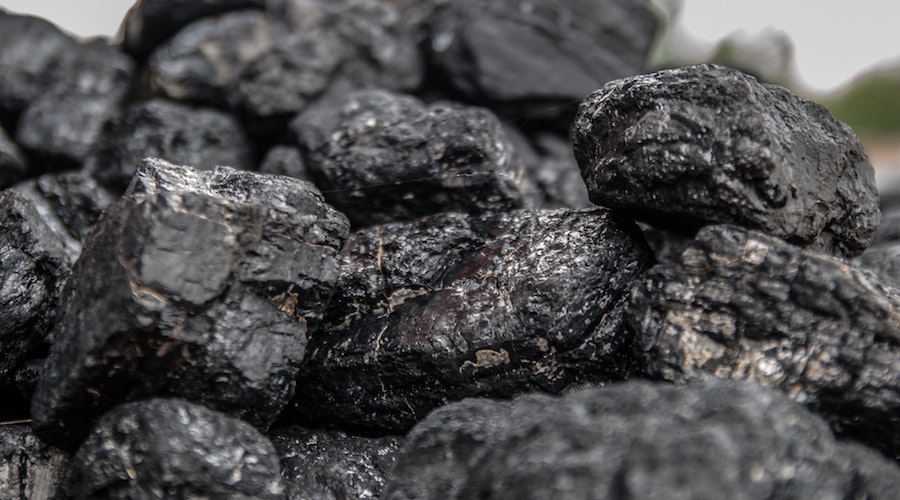
Demand for thermal coal in Asia is steadily increasing.
A report commissioned this year by the Minerals Council of Australia sees an increase in such demand of around 50% between now and 2030.
This is based on the expectation that demand will increase strongly in India and Southeast Asia and remain more-or-less stable in China, Japan, South Korea and Taiwan.
Glencore Australia, our largest exporter of thermal coal, shares this optimism.
Because of the high quality of our coal and proximity to much of Asia, Australia is well placed to remain the top supplier from outside the region.
Australia’s position is strengthened by the likely fall of exports from Indonesia, the world’s largest exporter of thermal coal. Indonesia is increasingly using its own coal domestically; in addition, expansion of production faces bureaucratic and technical restraints.
Regarding metallurgical coal, strong prices (they have doubled since mid-2016) reflect continuing growth in the global steel industry. This is the case, not only in China (the world’s largest producer), also in other major steel-producing countries.
The recent strength of the steel industry is also reflected in iron-prices, currently at US$75 per tonne. This is an increase from about US$60 per tonne a year ago and in defiance of widespread forecasts in 2017 that prices would drop below US$50 per tonne.
Our coal database gives details of operating and planned coal mines in Australia and the key people involved in them. It is an up-to-date and comprehensive marketing tool for companies servicing the coal sector. Please contact us for further details, including a database extract and pricing.
The outlook for coal depends basically on the growth of electricity and steel production in Asia.
But in the case of thermal coal, the outlook for Australian exports also depends on what happens at home.
In particular, without the approval of new mines or expansion of existing mines – politically difficult because of concerns about global warming – Australia will do little to meet the expected increase in Asian thermal-coal imports.
And because of the importance of Australia as an exporter, this will only strengthen prices.
High prices are a boon for Australia in the short-term, but not necessarily in the medium-term.
First, they assist competitors. Already, thermal-coal exporters from other countries – such as the United States, South Africa, Colombia and Russia – are stepping up their activity in Asia.
Second, high prices increase the attractiveness for the region of importing liquefied-natural gas (LNG) for electricity production. LNG imports are already significant in China, Japan, South Korea and Taiwan and are being planned in Southeast Asia, e.g. by Thailand and the Philippines.
In this context, the development by India’s Adani Group of its planned mine in Queensland may play an important role in opening the way politically for other mines in this area.
Known as the Galilee Basin (over 400 kilometres west of Rockhampton), the area has substantial untapped thermal-coal resources.
The Adani Group appears yet to secure financing for the mine, but says it is “close” to doing so.
Without new thermal-coal mines – whether in the Galilee Basin or elsewhere – Australia may inadvertently trigger its own demise in this sector.


Codelco seeks restart at Chilean copper mine after collapse

Hudbay snags $600M investment for Arizona copper project

Uzbek gold miner said to eye $20 billion value in dual listing

BHP, Vale offer $1.4 billion settlement in UK lawsuit over Brazil dam disaster, FT reports

Peabody–Anglo $3.8B coal deal on the brink after mine fire
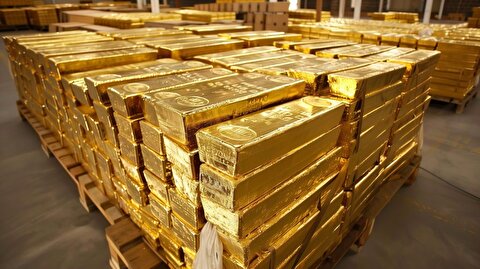
A global market based on gold bars shudders on tariff threat
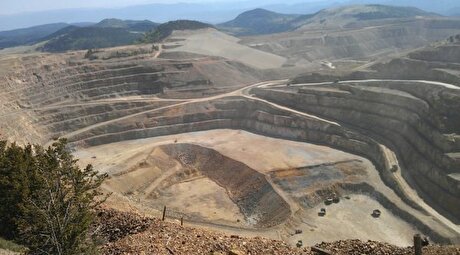
SSR Mining soars on Q2 earnings beat

Minera Alamos buys Equinox’s Nevada assets for $115M

Century Aluminum to invest $50M in Mt. Holly smelter restart in South Carolina
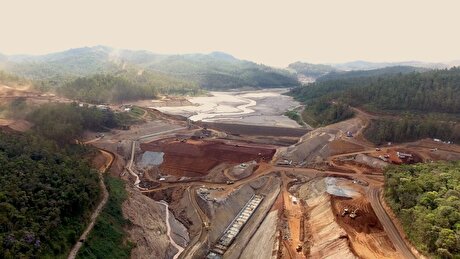
Samarco gets court approval to exit bankruptcy proceedings
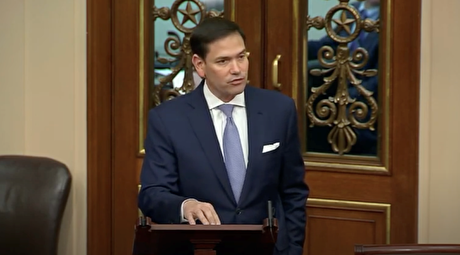
US eyes minerals cooperation in province home to Reko Diq
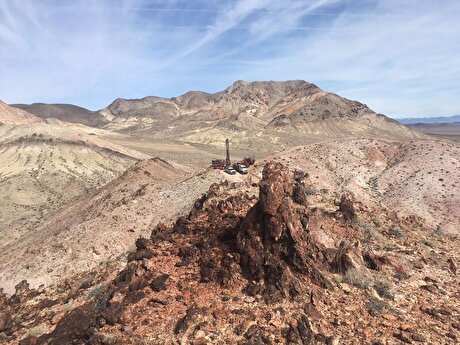
Allegiant Gold soars on 50% financing upsize
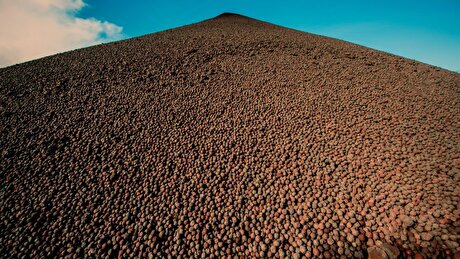
Explaining the iron ore grade shift

Metal markets hold steady as Trump-Putin meeting begins

Trump to offer Russia access to minerals for peace in Ukraine

Gemfields sells Fabergé luxury brand for $50 million

Gold price stays flat following July inflation data
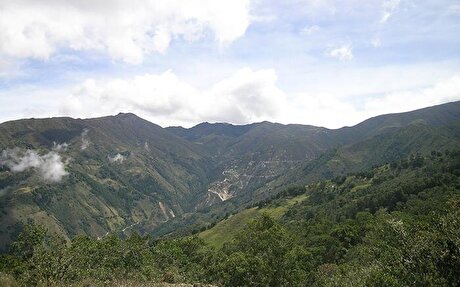
Eco Oro seeks annulment of tribunal damage ruling
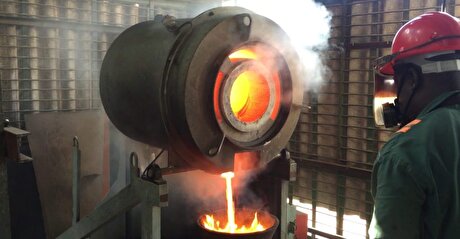
Zimbabwe labs overwhelmed as gold rally spurs exploration, miner says

Samarco gets court approval to exit bankruptcy proceedings

US eyes minerals cooperation in province home to Reko Diq

Allegiant Gold soars on 50% financing upsize

Explaining the iron ore grade shift

Metal markets hold steady as Trump-Putin meeting begins

Trump to offer Russia access to minerals for peace in Ukraine

Gemfields sells Fabergé luxury brand for $50 million

Gold price stays flat following July inflation data

Eco Oro seeks annulment of tribunal damage ruling














